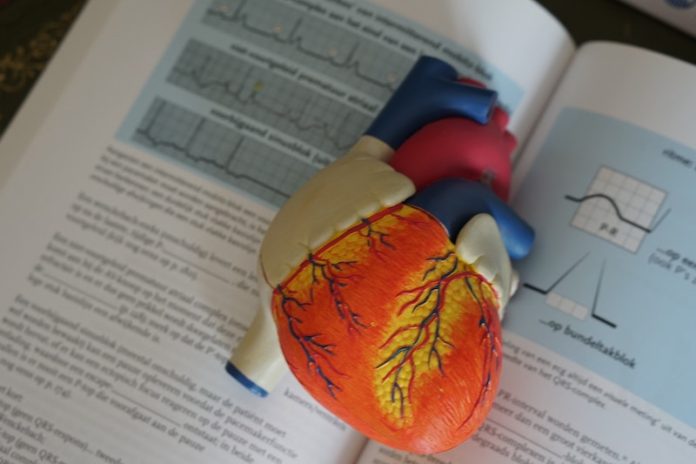
A Battle We’re Still Fighting
Heart disease is the number one killer in the U.S. Despite many efforts to combat it, the disease remains a big problem.
For years, doctors have focused on treating related issues like high blood pressure and diabetes. They also use medications to lower bad cholesterol levels. But it’s like trying to put out a fire that just won’t go away.
A New Discovery: The suPAR Protein
Scientists from the University of Michigan have found something that could be a game-changer in understanding heart disease. T
hey have identified a protein, simply called suPAR, that might be causing a lot of our heart troubles. This protein is like a control knob for our immune system, helping it to work correctly.
However, if you have too much of this protein in your body, you can develop a problem known as atherosclerosis.
This is when the blood vessels in your body get hard and narrow, making it tough for blood to flow through. And poor blood flow is a major step towards developing heart disease.
What the Research Says
Researchers looked at over 5,000 people who did not have heart disease to start with. They found that those with higher levels of the suPAR protein were more likely to develop atherosclerosis.
This was true even if they didn’t have other risk factors like high blood pressure or diabetes.
But that’s not all. They also studied the genes of 24,000 people and found some of us are naturally more likely to have higher levels of this protein.
There’s a specific gene variant that leads to this, and this gene variant was connected to atherosclerosis in three different large-scale studies.
The team didn’t just rely on data from humans. They also studied mice and saw the same pattern. Mice with more suPAR had more build-up in their main heart artery.
What’s Next: A Fresh Approach to Treating Heart Disease?
What makes this research different is that it brings together different kinds of information—from human data to mouse studies.
And all signs point to suPAR as a culprit in causing atherosclerosis, and by extension, heart disease.
Researchers are now exploring ways to lower the levels of this protein in our bodies. If they can do that safely, we might have a new way to prevent and treat heart disease.
Current treatments don’t directly tackle this protein, so a new approach could be a significant breakthrough.
A Connection to Kidney Disease
The study also discovered that this protein is linked to kidney disease, a condition that affects a lot of people—1 out of every 7 Americans, to be exact.
And it turns out, a lot of people who have kidney disease also have heart disease. About two-thirds of kidney disease patients also have heart issues, and over 40% of people with heart disease show signs of kidney problems.
This shows us how different parts of our body are connected in ways we might not have realized. A single protein can influence both our hearts and our kidneys, which means treating one could potentially help the other.
The findings from this study, led by Salim Hayek and his team, were published in a well-known medical journal.
It gives us a fuller picture of how our body works and how diseases like heart and kidney disease are more related than we thought.
This could be the start of a new chapter in our fight against heart disease, a fight that’s far from over but might just have gotten a little easier.
If you care about heart health, please read studies about the best time to take vitamins to prevent heart disease, and scientists find how COVID-19 damages the heart.
For more information about heart health, please see recent studies about Aspirin linked to a higher risk of heart failure, and results showing this drug could reduce heart disease, fatty liver, and obesity.
Follow us on Twitter for more articles about this topic.
Copyright © 2023 Knowridge Science Report. All rights reserved.



